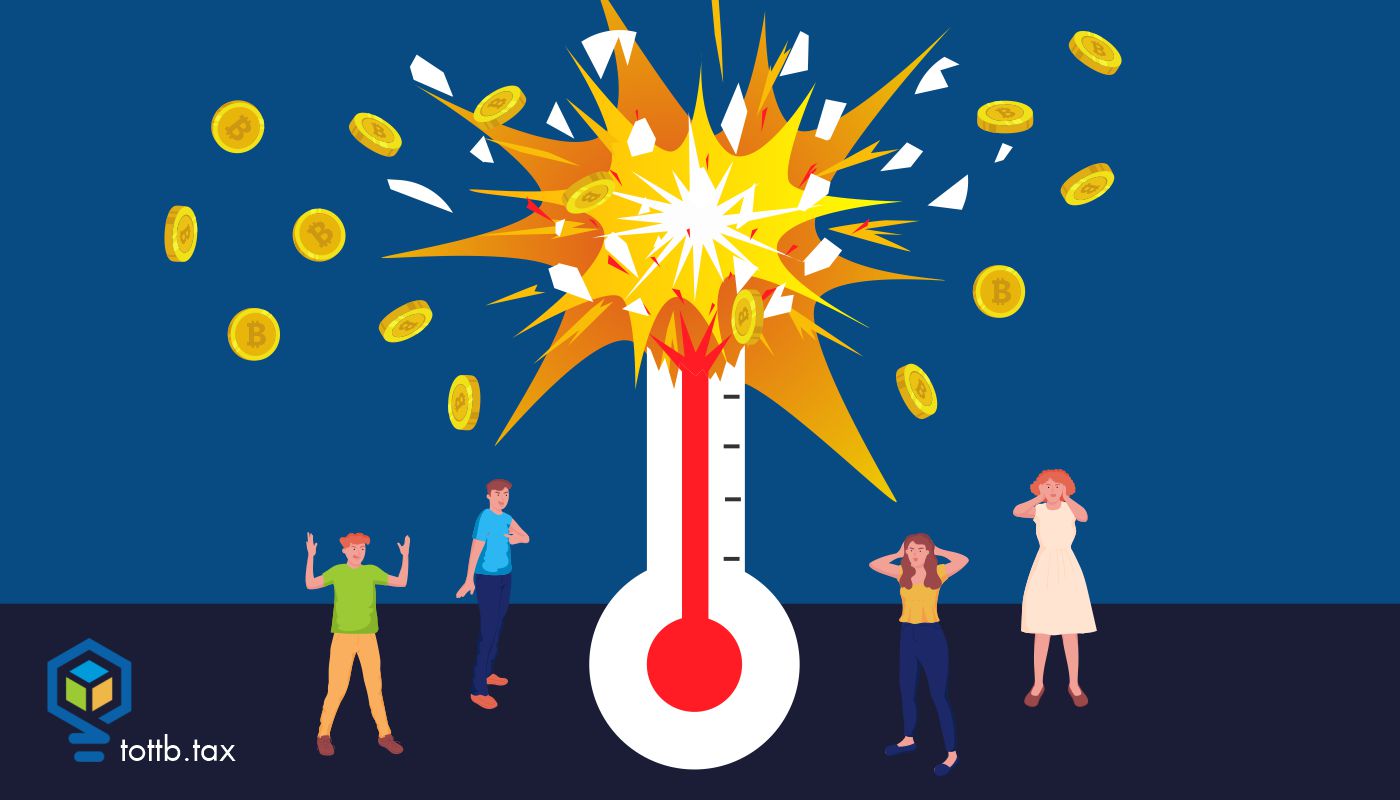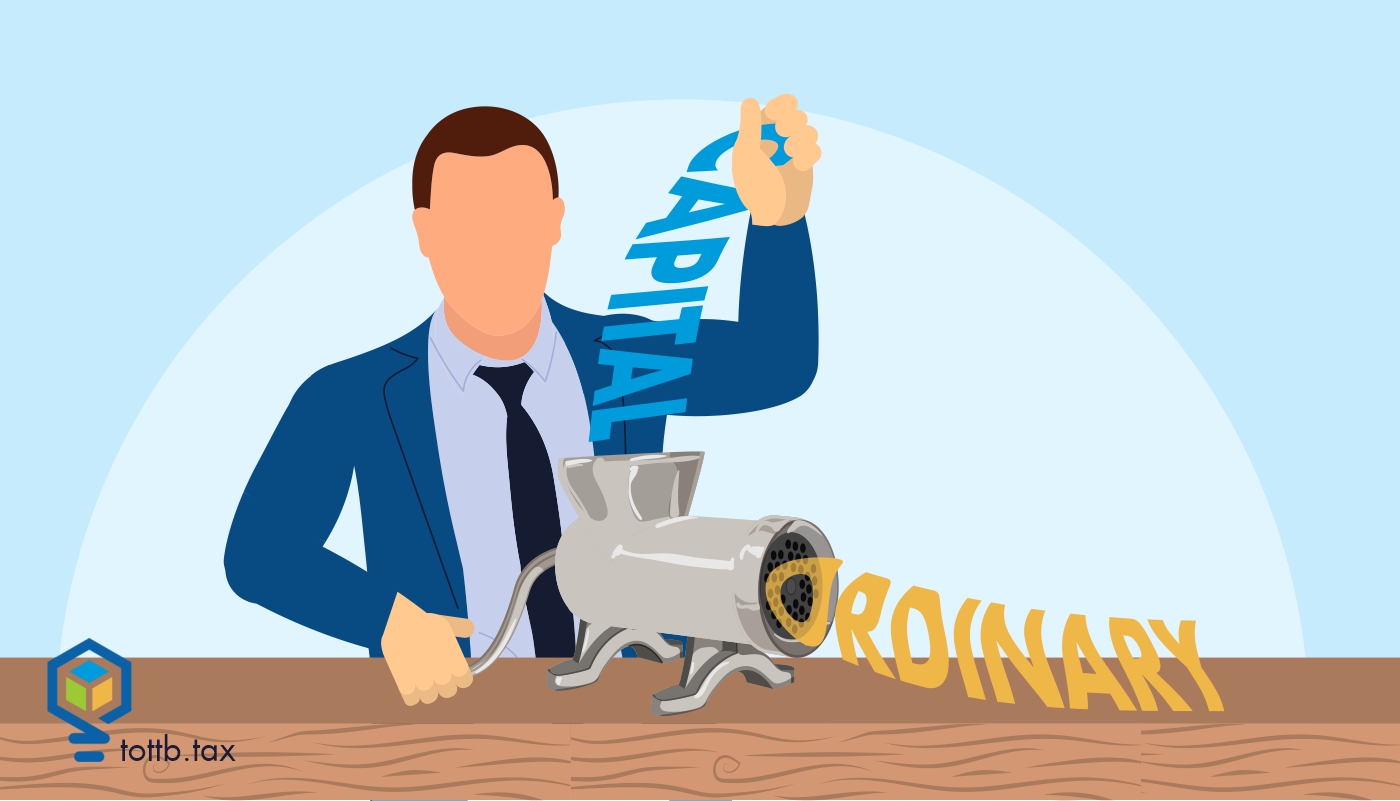
Summertime Marketing in Your Tax & Accounting Firm
Tax season is prosperous, summer is dry until extension season. Do you find yourself in that cycle? Clients are “easy” to get during tax season when taxes are top of mind. Then the direct deposits go dry by June, and you are looking for what’s next. Stop the search, you don’t have to add another service. You need better marketing to highlight the service that you offer and specialize in. This will allow you to have a predictable client pipeline. You can do tax preparation, planning, and or representation all year long.













